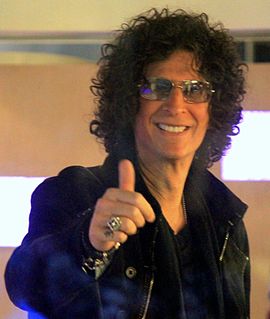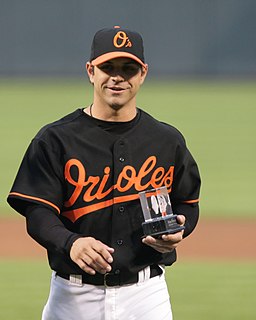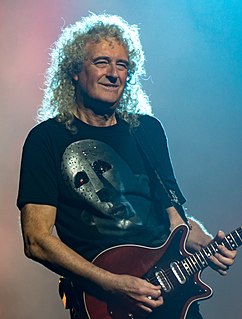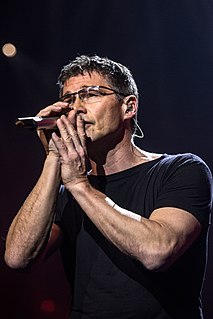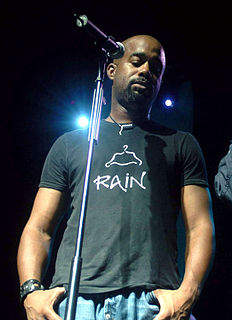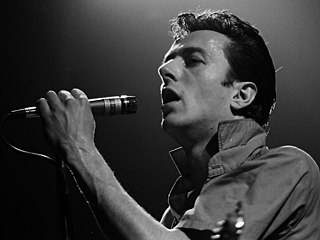A Quote by Ira Glass
I remember that in Baltimore, where I grew up, we would drive by the radio station and tower of WBAL, and I would try to picture the people inside and what they did there.
Related Quotes
I used to make my living by understanding people. And the way I learned to understand them was by observing them. I would sit in a train station or a bus station or a restaurant. And I would watch people. I would watch how they related to one another. I would try to get some insight into them and make them as predictable as I could in my mind.
I wrote 'Turn Your Radio On' in 1937, and it was published in 1938. At this time radio was relatively new to the rural people, especially gospel music programs. I had become alert to the necessity of creating song titles, themes, and plots, and frequently people would call me and say, 'Turn your radio on, Albert, they're singing one of your songs on such-and-such a station.' It finally dawned on me to use their quote, 'Turn your radio on,' as a theme for a religious originated song, and this was the beginning of 'Turn Your Radio On' as we know it.

